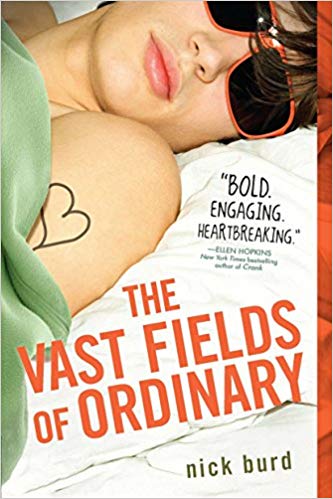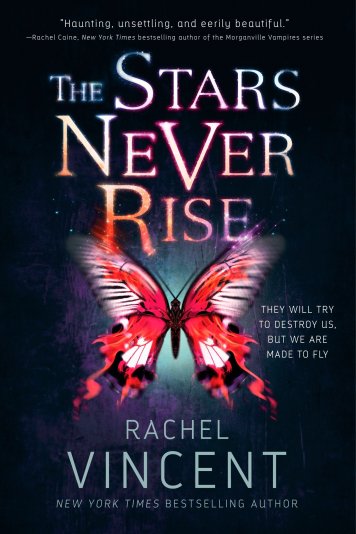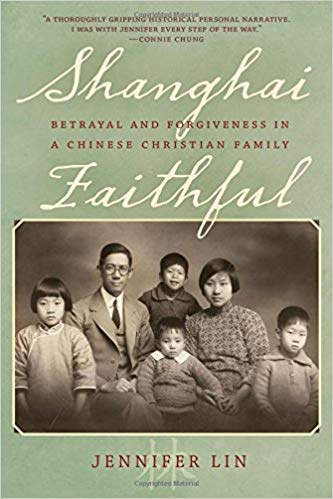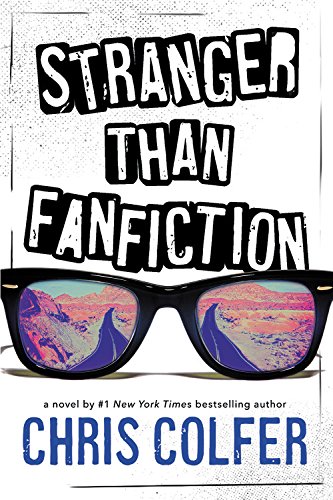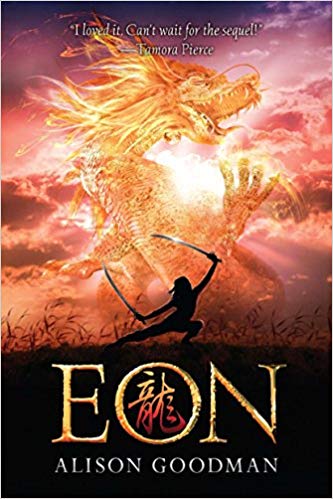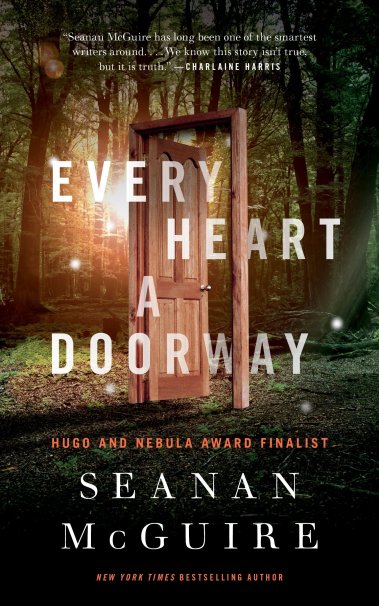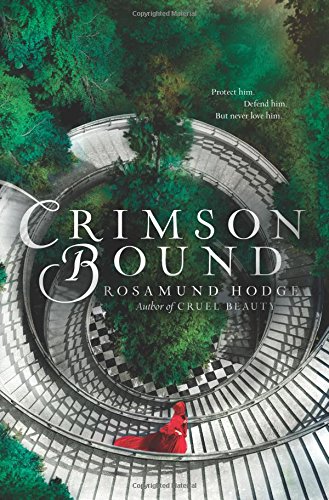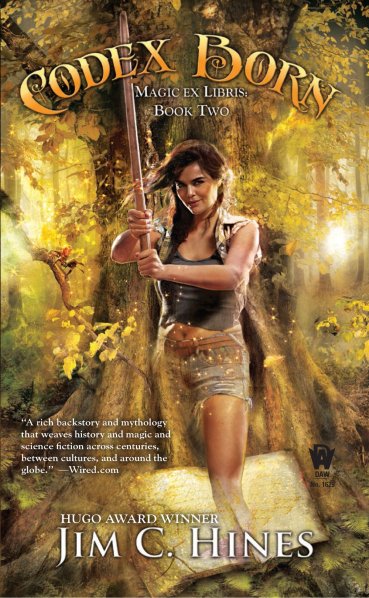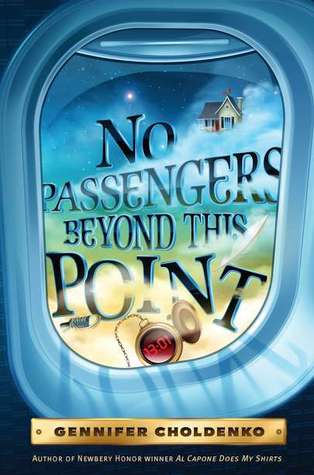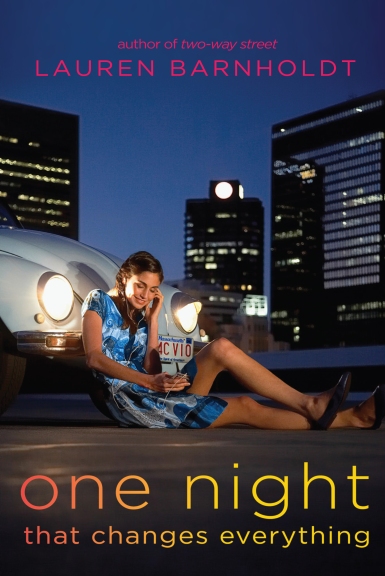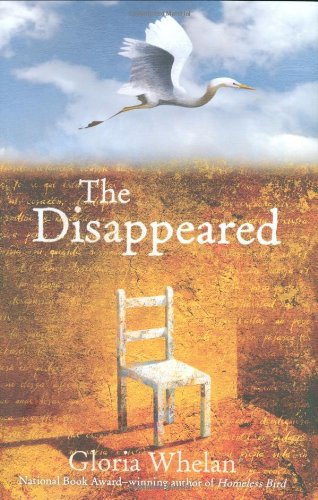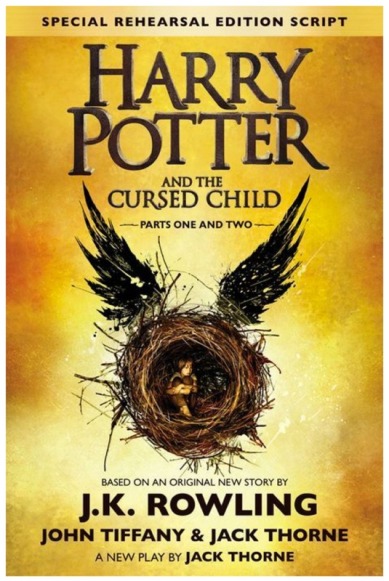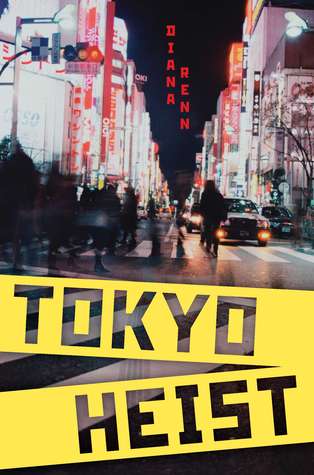
Standalone, Viking, 2012, 373 pgs.
Violet was prepared for her summer vacation to be average, if enjoyable: a visit to her artist father’s place while her mother does graduate research means getting to study his technique while she works on her own. She doesn’t expect a sudden trip to Japan, home of her favorite comics and cartoons, where her father is commissioned to paint a mural for a museum. Or for the museum to give her access to some of Japan’s most important historical art, anime, manga, or otherwise. In a lot of ways it’s a dream trip for her as an artist and a huge fan of all things Japanese. What she certainly doesn’t expect, though, is to become involved in a case of stolen Van Gogh sketches that the museum was using to demonstrate ukiyo-e’s wide-reaching influence. But with her family and friends being threatened by a mysterious third-party until the sketches are handed over, she’s willing to do whatever it takes to solve the mystery.
This book poses me with an interesting conundrum: how do you review a mystery novel that only sort of works as a mystery novel?
You’d think something that mostly fails in the genre it advertises itself as would fail as a piece in general, but that’s not really the case here. This, instead, works on other levels, and it’s more that the mystery aspects never managed to be the main draw.
Or, at least, they never manage to fully hold together, for multiple reasons. Oh, it has the structure of a classical mystery plot, with the initial crime to set the scene and enough clues to let the audience figure it out for themselves. As much as I usually like mysteries, though, this one never really worked for me.
The first, most obvious, reason for this was that I thought the whodunit was glaringly obvious, from about the first thirty pages of the book. That naturally kills a lot of the tension, but I’m also willing to forgive the novel for it a little bit. Sometimes with a mystery you get lucky and the right thing just sticks out to you right away.
No, the real, and probably more legitimate problem, comes from the second issue, which is that Violet, our lead, makes for an incredibly unconvincing detective.
See, this wants to be a sort of mystery solving teens thing, a la Nancy Drew or the Hardy Boys, but Violet is far from Nancy Drew. She’s not meticulous, or sneaky, or even particularly logical. Instead, she’s an overemotional teenage girl, with a giant chip on her shoulder because of her deadbeat dad, a tendency to overreact because she doesn’t really understand her own feelings, and a complete willingness to barge her way into situations she doesn’t belong in.
And while the last serves her well among a group of adults who aren’t taking her seriously, the other two cause problems. Part of the reason the whodunit was so obvious in this was because a lot of the red herrings involve Violet making Grand-Canyon-sized leaps of logic based on personal dislike. Lady who’s dating her dad (and replacing her mom) is kind of awkward around the surprise stepdaughter and frustrated with said father’s inability to commit? Obviously the culprit. Someone’s sort of a jerk to her, or even just has issues with a teenager in the middle of an international art theft case? Wait, new top suspect!
She never even suspects the actual culprit until late in the game, even though she knows the huge stakes he has in the whole ordeal, because he’s nice to her and panders to her need to be important to the case.
It’s not that she can’t be clever, but her tendency to jump to conclusions often undermines the parts where she is. She’s good at finding the pieces of clues that she needs, but really bad at actually putting them together. This makes it hard to rejoice in her cleverness in figuring things out, or in her success when she has it. It’s hard to celebrate someone tripping face-first into an accidental win.
But she’s also a lot of the fun of the book. She’s a pretty strongly written character, and a pretty authentically teenagery one at that. She’s insecure and is only barely starting to understand herself. In fact, for large chunks of the story self-awareness is something she can’t manage: even the issues with her dad’s girlfriend are mostly issues with her dad that she can’t or won’t connect to him out of love.
That’s relatable, and I appreciate it. Ditto her squealy, excitable friendships and her awkward, painful crushes.
Also relatable: the stories she creates. She’s an artist working on a manga (in the style of her favorite comics) that gets every bit of personal drama she experiences shoved into it. She, in classic self-insert style, becomes the heroine, everyone she dislikes become villains, and it’s so full of enthusiasm and lacking in polish that it’s the most true-to-life teenage creation I’ve ever seen in a fictional world. I mean, I know that’s exactly the sort of thing I was writing when I was fifteen. Tying it all together is the prose, which would be a little overly poetic for either an adult or a more logical lead, but fits perfectly for the character established here.
Suffice to say, she’s about as charming as she is frustrating, and that really works to the book’s benefit.
In fact, the only thing I was disappointed in with regards to Violet on a personal level was the romance. Given the fact that I normally don’t like romance, I usually wouldn’t say this, but it really needed more time and development than it was given, especially considering it factored so heavily into the ending. Instead, up until that ending, we get some base establishing stuff, and then barely anything at all over the course of the middle of the book.
I feel like I’d also be remiss if, as a fan, I didn’t mention my slight disappointment in the anime/manga theme here. It’s a little strange, really; you can tell the author’s not a fan herself and is getting her information from people who have been out of the fan base for a while. The story was published in 2012, and most likely set pretty close to that date. And for that, the references are pretty dated, and the timeline is pretty off.
I haven’t heard a thing about Fruits Basket since probably 2004, which Violet is supposed to be a huge fan of. Where Inuyasha was airing on Cartoon Network for years after everyone had forgotten about Furuba, Violet says Rumiko Takahashi is too old-school for her.
And that’s not even mentioning that nothing that came out after 2006 is ever talked about, which is odd for a character who’s supposed to be actively paying attention to the subculture. I haven’t really been paying attention for a good ten years, and I was still waiting for the author to name-drop something that made up the 2010’s anime landscape, like Baccano or Haruhi.
It’s not a major part of the story, nor would I really want it to be, so it doesn’t interfere too much. But, well, it’s just off enough to be bothersome, especially if you know the fandom and have been around for a while. And since it’s not a huge part of the story, and it’s clear it’s not really coming from the author’s investment, it sort of makes me wonder why it’s here. You could have replaced any purpose it had with a general interest in Japanese culture, which was given a lot more love and research anyway.
Which brings me back to the initial conundrum. I can’t recommend this for mystery fans, and I can’t recommend this for anime fans. It fails as a mystery novel and as a nerdy theme piece.
So who can I recommend it to? Well, if you want general teenage hijinks or a decent character piece, then you could do worse than giving this a look. It’s not exactly brilliant, but it’s perfectly light and fun in its own way.

